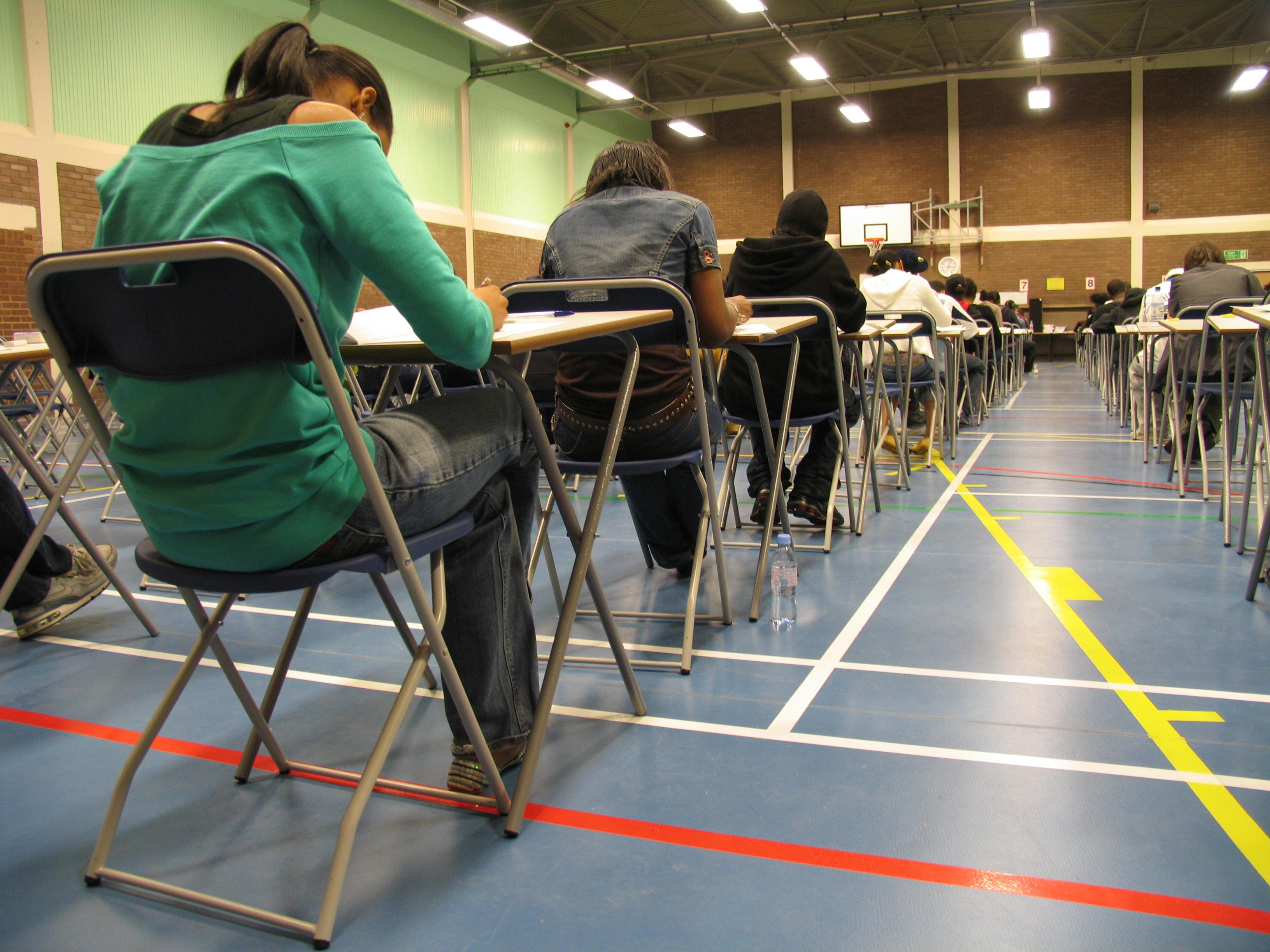by Stacey Dingwall
The increasing influence of the triennial Programme for International Assessment (Pisa) results was evident at the end of 2013 as headlines around the world anticipated their arrival. First carried out in 2000, the worldwide study by the Organisation for Economic Development (OECD) assesses 15 year olds’ performance on reading, maths and science. The OECD argues that rather than being used to ‘rank’ countries in terms of their performance, the results should be used to highlight areas for improvement in educational policies and outcomes, however this has not stopped lower-ranked countries looking to those higher up the scale, such as Finland and Hong Kong, to see what they are doing differently.
One of the greatest concerns about Pisa, according to a number of academics, including Dr John Jerrim of the Institute of Education, University of London, who have independently raised issues with the system, is about its reliability: Pisa’s comparisons are not based on a common test, meaning that students do not answer the same questions in every country. Therefore, switching the questions around could lead to significant variations in a country’s rankings: the OECD has admitted that “uncertainty” over the sample data means that “large variation in single [country] ranking positions is likely”.
New research carried out by Cambridge Assessment also challenges Pisa’s suggestion that when schools are given more independence over spending, their schools achieve better academic results, as long as those results are published. This finding may be of particular significance in terms of English education policy, given that the education secretary Michael Gove has used Pisa’s conclusion to support his academies expansion policy and free schools programme, both of which are intended to provide school leaders with more autonomy.
The reliability and growing influence of the Pisa study is something that is called into question in a recent book, Pisa, power and policy: the emergence of a global educational governance, edited by Heinz-Deiter Meyer and Aaron Benavot of the State University of New York (SUNY). The book presents a series of essays which examine the presumption that the quality of a country’s education system can be evaluated through an assessment process that claims to be both politically and ideologically neutral, and the legitimacy of comparing disparate countries using a single performance standard. Rather than supporting the growing influence of Pisa, the book concludes that its dominance risks creating a world where the economic importance of producing highly, technically-educated students overtakes that of schools’ role in instilling the values of independent thinking and civic participation in their students.
For more resources on this topic see below (please note you must be a member to access these articles:
How PISA came to rule the world (the impact of PISA results)
Pisa, power and policy: the emergence of a global educational governance
Share
Related Posts
A recent item on BBC Radio 4’s Today programme generated an unusually high number of responses from listeners. A man who had lost his job in the financial services sector at the age of 57 described his difficulty in trying ....
By Donna Gardiner While free school meals (FSM) have been available in England on a means-tested basis since 1944, recent years have seen a renewed focus upon the potential benefits of providing free school meals to all school-aged children. Currently, ....
By Robert Kelk and Chris Drake A new start for an old challenge? The recent appointment of Marc Lemaître as the European Commission’s director general for research and innovation (R&I) has returned Europe’s R&I gap to the spotlight. Previously head ....
By Hannah Brunton UNESCO’s Global Media and Information Literacy Week 2022 takes place from 24-31 October 2022 under the theme of “Nurturing Trust”, giving governments, educators, information professionals, and media professionals the chance to discuss and reflect on critical issues ....

